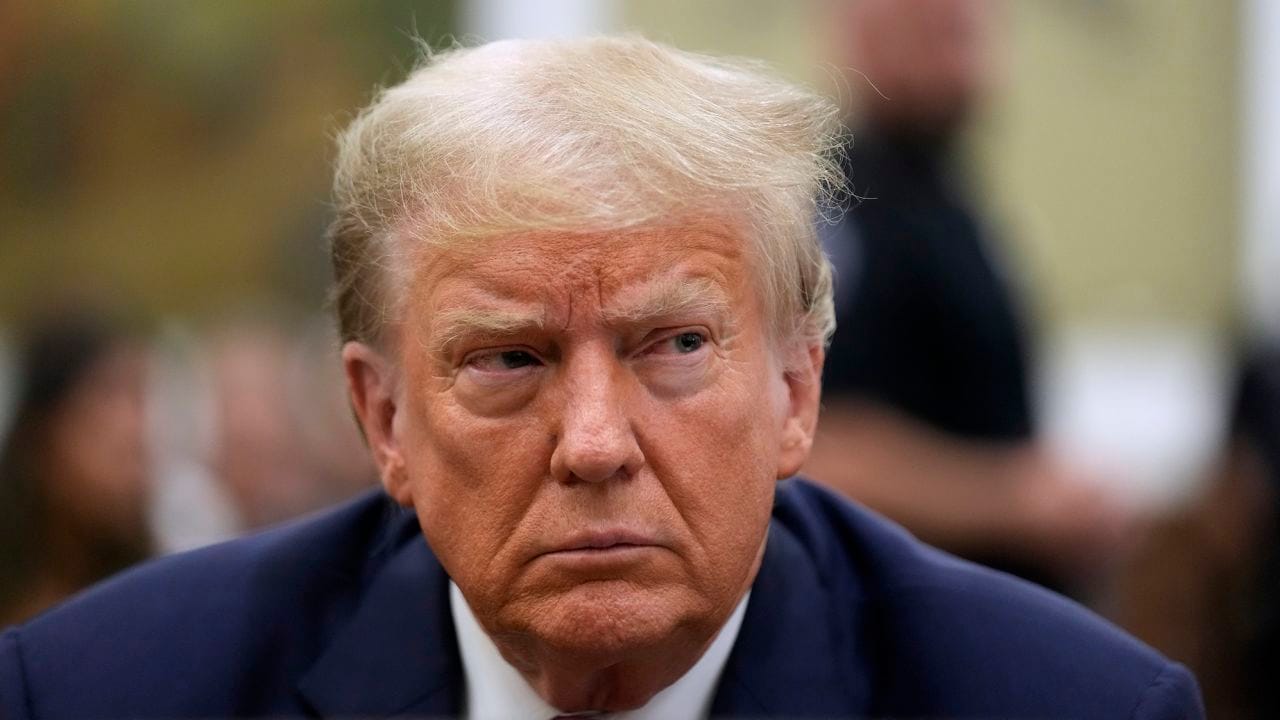In a significant policy move, former President Donald Trump has announced plans to increase biofuel quotas in the United States. This proposal is designed to reduce the nation’s dependency on foreign energy supplies, while simultaneously bolstering domestic agricultural production. The biofuel industry has long been a cornerstone of America’s renewable energy strategy, and Trump’s initiative seeks to capitalize on this sector’s potential as a means of enhancing national energy security.
The proposed enhancement of biofuel quotas is intended to accomplish several objectives. Firstly, it aims to support American farmers by increasing demand for crops that are processed into biofuels, such as corn and soybeans. By bolstering domestic biofuel production, the administration hopes to stimulate agricultural markets, thereby benefiting farmers and rural communities across the country. This is especially timely as many farmers have faced challenges due to fluctuating commodity prices and competition from international markets.
Secondly, Trump’s plan is poised to address environmental concerns associated with fossil fuel consumption. By promoting biofuels, which are generally considered a cleaner alternative to conventional gasoline and diesel, the initiative could contribute to a reduction in greenhouse gas emissions. As the world increasingly focuses on sustainability and greener energy sources, this policy aims to position the U.S. as a leader in biofuel innovation.
However, some are cautious about the potential implications of this policy change. Critics argue that increasing biofuel production may divert essential food resources to energy production, potentially leading to higher food prices. Moreover, there are concerns regarding the environmental impact of large-scale biofuel farming, particularly in relation to land use changes and biodiversity loss. Despite these concerns, Trump’s administration asserts that advancements in biofuel technology and sustainable agricultural practices can mitigate potential negative impacts.
The former President’s plan includes specific targets aimed at increasing the required volumes of renewable fuel blended into the nation’s gasoline and diesel supply. This is expected to prompt refiners to source more biofuels, thereby reducing their reliance on imported fuels. In the long term, this could enhance the stability of the U.S. energy supply, making the country less vulnerable to international market fluctuations and geopolitical tensions.
At the core of this initiative is the Renewable Fuel Standard (RFS), a federal program that requires transportation fuel sold in the U.S. to contain a minimum volume of renewable fuels. The RFS has been instrumental in promoting the growth of the biofuels industry since its inception. By adjusting the quotas, Trump’s administration aims to create a more favorable regulatory environment for the production and use of biofuels.
Market reactions to Trump’s announcement have already begun to emerge. The biofuels sector is anticipated to experience increased investment as refiners adapt to the higher quotas. This could lead to job creation in both the biofuels manufacturing and agricultural sectors, presenting opportunities for economic growth. Moreover, with a focus on domestic supply chains, the policy may also alleviate some burdens faced by U.S. energy producers who have had to compete on a global scale.
Another aspect of the proposal is its alignment with growing consumer demand for more sustainable fuel options. As environmental awareness continues to rise among American consumers, the market for biofuels may expand significantly. This could lead to a shift in how fuel is consumed across the country, reflecting broader trends towards sustainability and eco-friendliness.
However, the implications of Trump’s biofuel quota increase are not isolated to the domestic sphere. The international ramifications could shape global agricultural trade dynamics. For instance, if U.S. demand for corn and soybeans increases significantly, it may impact the export markets of other agricultural nations. This shift could reverberate through global supply chains, affecting farmers and economies worldwide.
Trump’s proposal is also expected to generate discussions concerning energy independence, especially in light of recent geopolitical tensions. By increasing the domestic supply of renewable fuels, the U.S. can potentially lessen its vulnerability to disruptions in foreign energy supplies. This aspect resonates with a broader national security strategy that emphasizes the importance of self-sufficiency in critical sectors.
In conclusion, former President Trump’s proposal to increase biofuel quotas is a multifaceted initiative aimed at enhancing domestic agricultural markets while addressing energy security needs. While there are potential benefits to farmers, environmental considerations, and the nation’s energy independence, the plan also raises important questions regarding its broader impact on food prices and sustainability practices. As the U.S. moves forward with these considerations, the implementation of this policy will be closely watched by industry stakeholders, consumers, and international partners alike. The evolving landscape of biofuels may play a pivotal role in shaping the future of energy and agriculture in America, and beyond.



